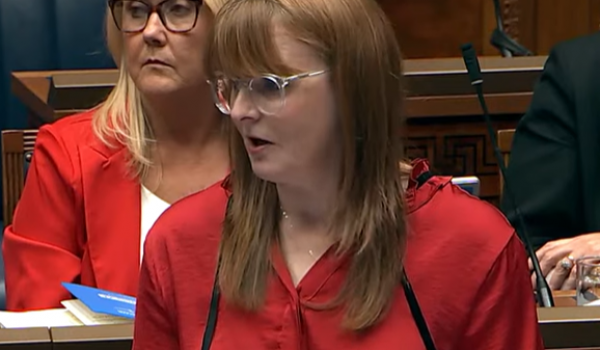
The Sea Fisheries Protection Agency says that where no-compliance is found, action will be taken.
It comes after fines of €15,000 were imposed by Judge John Aylomer on the Master of the Maggie C fishing vessel, at Letterkenny Circuit Court this week.
At a previous sitting of the court, the Master of the Maggie C had pleaded guilty to fishing offenses, including the failure to accurately record catches in the logbook while at sea.
The value of the catch and gear, worth of €18,000, was also forfeited. The vessel had been detained following an inspection at sea by the Naval Service on October 13th, 2015, and was subsequently brought to Killybegs harbour.
Commenting on the verdict, Paschal Hayes, Executive Chairperson of the SFPA said the accurate recording of catches in logbooks is a critical element of effective quota management and is an important part of ensuring the sustainability of our marine resources.
Most operators adhere to the requirements of the EU Common Fisheries Policy he added, and the SFPA is committed to detecting those who choose not to comply.
He concluded they will identify activity and vessels that pose a higher risk, and where non-compliance is found, the appropriate action will be taken.
SFPA Statement in full –
|
|
|||
MASTER OF FISHING VESSEL FINED
Clonakilty, 10 February 2022 Fines of €15,000 were imposed by Judge John Alymer on the Master of the Maggie C fishing vessel, at Letterkenny Circuit Court on Tuesday, 8th February. At a previous sitting of the court, the Master had pleaded guilty to fishing offences including the failure to accurately record catches in the logbook while at sea.
The value of the catch and gear in the sum of €18,000 was also forfeited. The vessel was detained following an inspection at sea by the Naval Service on October 13th, 2015 and was subsequently detained and brought to Killybegs harbour.
Commenting on the verdict, Paschal Hayes, Executive Chairperson of the SFPA said,
“The accurate recording of catches in logbooks is a critical element of effective quota management and is an important part of ensuring the sustainability of our marine resources. Most operators adhere to the requirements of the EU Common Fisheries Policy; however, there are some who choose not to. We are committed to detecting those who choose not to comply. With the support of our control partners, our risk-based approach to regulation allows us to identify activity and vessels that pose a higher risk, and where non-compliance is found, the appropriate action will be taken.






